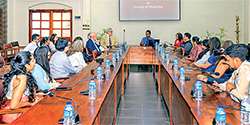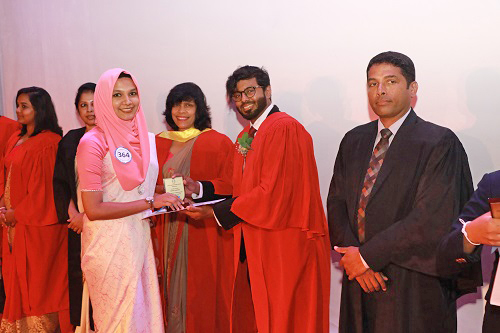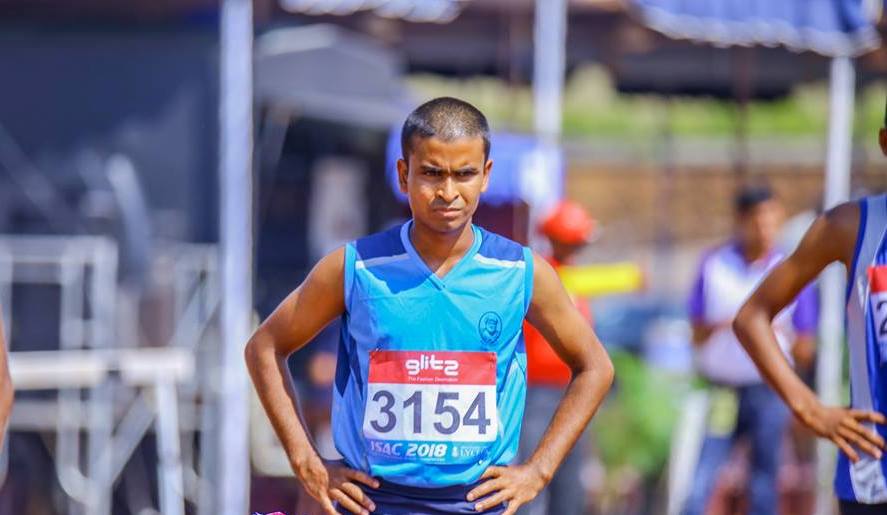Indian STEM teachers arrive for plantation region schools
A group of 19 Indian teachers specialised in STEM subjects (Physics, Chemistry, Mathematics, English and Biology) are to be deployed in schools in plantation regions to commence a 10-week training programme. A meticulous mapping exercise has been carried out for maximum utilisation of the pool of Indian trainers based on specific requirements of schools in the regions. The teachers will undertake training sessions in person at nearly 40 centres spread across the Central, Uva and Sabaragamuwa provinces, while certain centres from Western, Southern and North Western provinces will join virtually.
The move came under the multisectorial Indian grant assistance of Indian Rupees 750 million to mark 200 years since the arrival of the Malaiyaha Tamil community in Sri Lanka. The move which was announced during the visit of President Ranil Wickremesinghe to India in 2023 was formally inaugurated at a ceremony held on August 5 at the Prime Minister’s Office at Temple Trees in Colombo. The event was attended by Deputy High Commissioner of India Dr Satyanjal Pandey, senior officials from the Education Ministry and the Water Supply and Estate Infrastructure Development Ministry, National Institute of Education, teacher-trainers from India as well as over 1,000 teachers from various schools in the plantation regions.
Under the teacher training programme, 19 Indian teachers specialised in imparting training in STEM subjects arrived in Sri Lanka on July 21. The teachers underwent orientation engagements from July 22 to August 2. This included intensive interactions with senior officials from both Ministries, field trips covering 6 schools in the plantations areas of Central and Western provinces, and a structured orientation programme organised by the National Institute of Education. Orientation engagements focused on the review of the syllabi, gaining in-depth understanding of the specific HR and infrastructure requirements and expectations of the outcomes of the programmme, understanding the Lankan educational system and pedagogy and teaching techniques employed, identification of divergences in curriculum in relation to India, and chalking-out short-term and long-term strategies for ensuring a successful programme, as well as sustained benefits from it. - KW









































.jpg)
.jpg)

.jpg)
.jpg)
.jpg)
